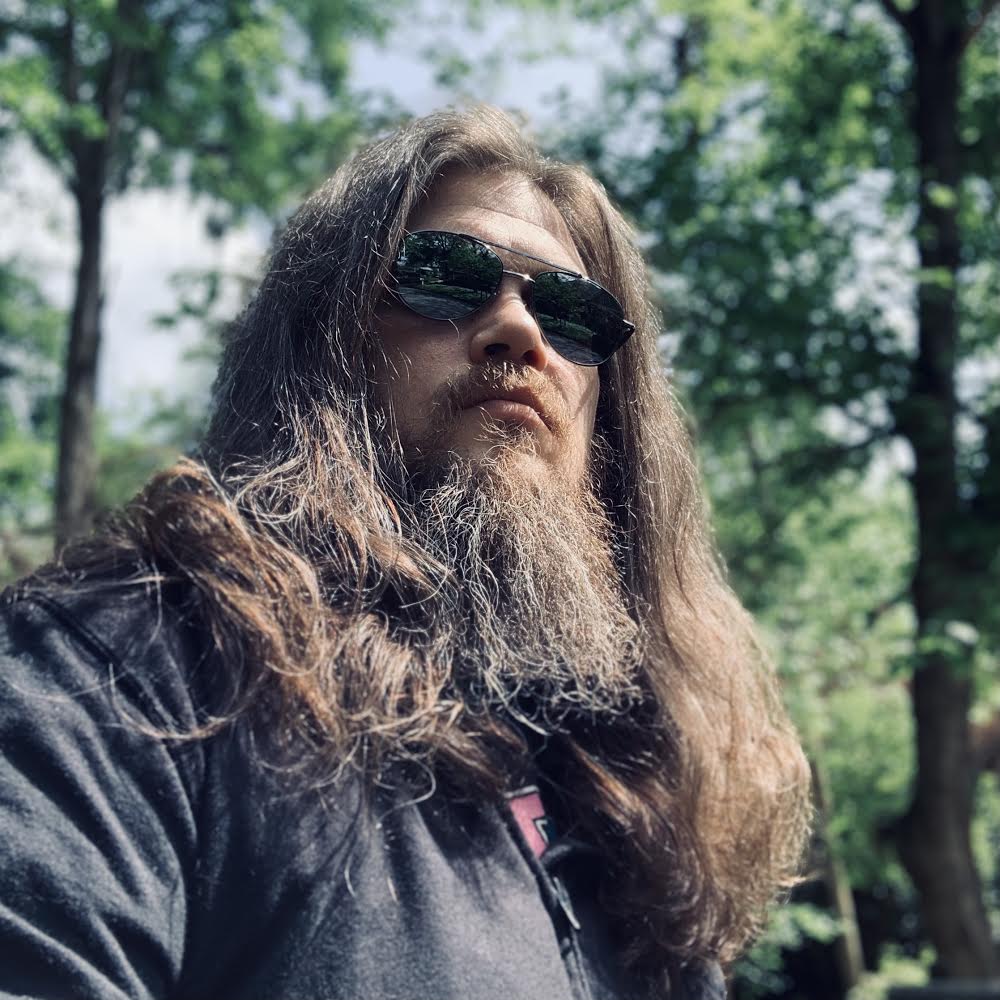Who is Black Panther – the powers, enemies, and comic book history of Wakanda's leader
Learn the comic book history of Black Panther and how it all plays into Wakanda Forever
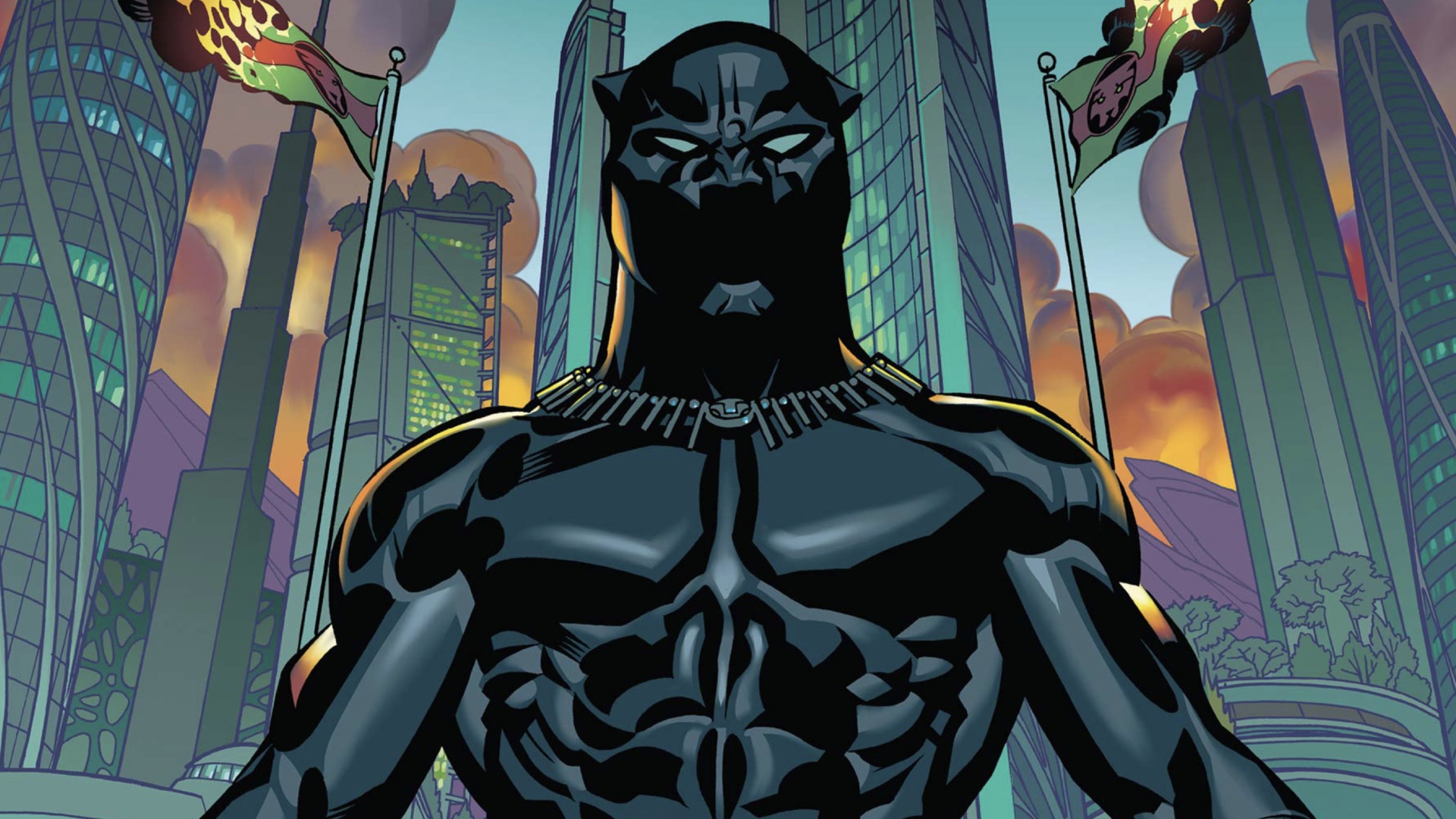
Black Panther is one of Marvel's most popular and unique characters - and now, in the MCU, Shuri is officially the new Black Panther.
While many modern Marvel heroes such as Thor, Captain America, and Spider-Man have come to incorporate multiple characters who operate under the same superhero identities, the concept of that kind of legacy is baked into the Black Panther from the start.
The character's 2022 sequel Black Panther: Wakanda Forever dug even deeper into the passing of the torch from one Black Panther to the next, so we're looking deeper into the comic book history of the Wakandan protector, including what it means to be the Black Panther, and how the role has changed hands in comic books over the years.
The history of the Black Panther
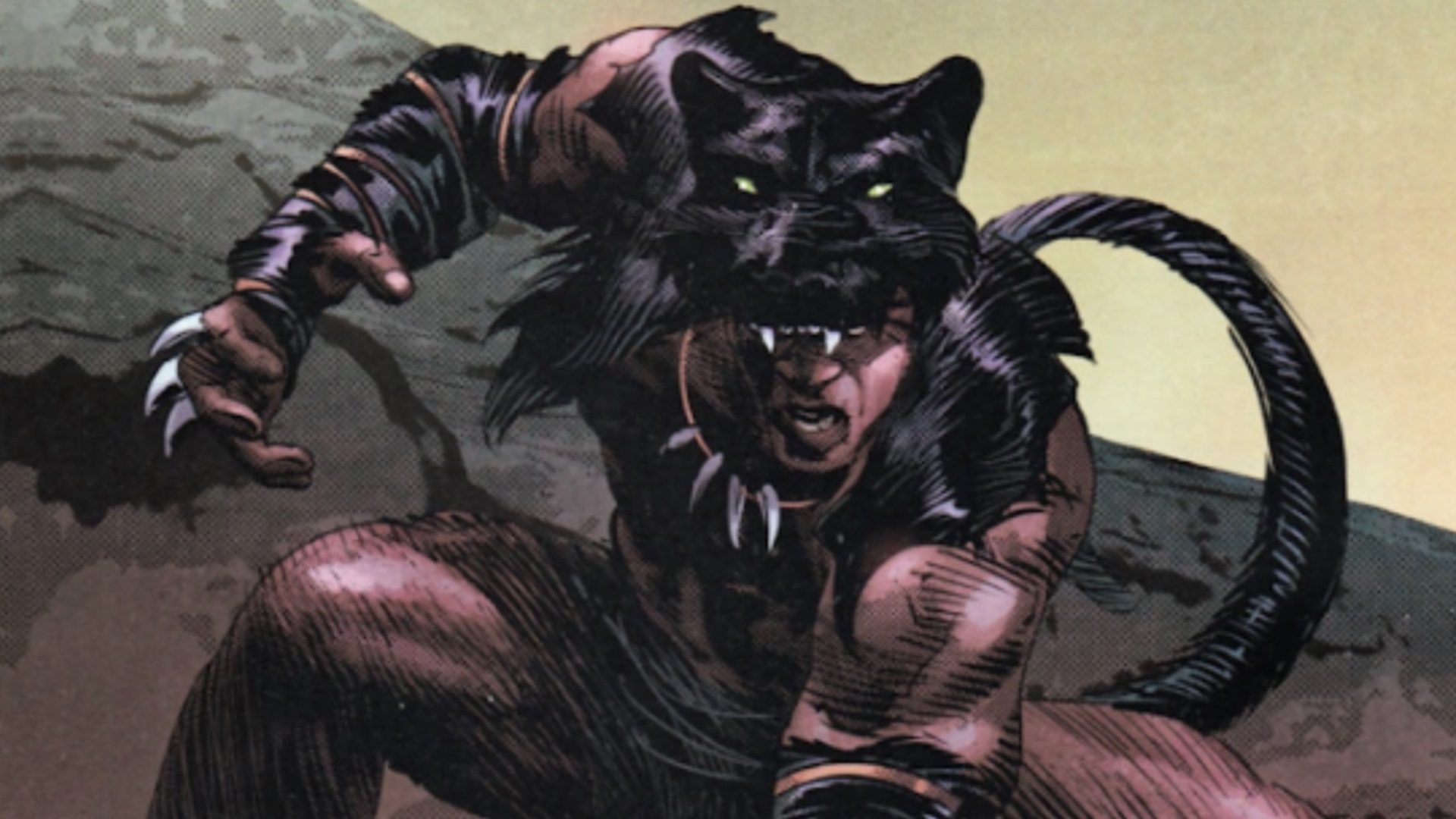
As in the MCU, the most well-known and long-running Black Panther in comic books is T'Challa, who was also the first Black Panther to be introduced in Marvel Comics way back in 1966's Fantastic Four #52. That makes Black Panther the first Black superhero to debut in the Marvel Universe, and in modern superhero comics (there were a few very obscure Black characters from other publishers who beat him to the page in the Golden Age of the late '30s and '40s).
Though there's a bit of debate as to whether Jack Kirby or Stan Lee initially came up with the idea for the character (evidence points to Kirby as the one who came up with the idea). But whoever had the initial idea for the character, both Kirby and Lee stated over the years that they wanted to include more Black superheroes in the Marvel Universe, starting with T'Challa - whose original design actually revealed his face to make his ethnicity clear, before he was given a full face mask because openly depicting a Black hero was seen as controversial at the time.
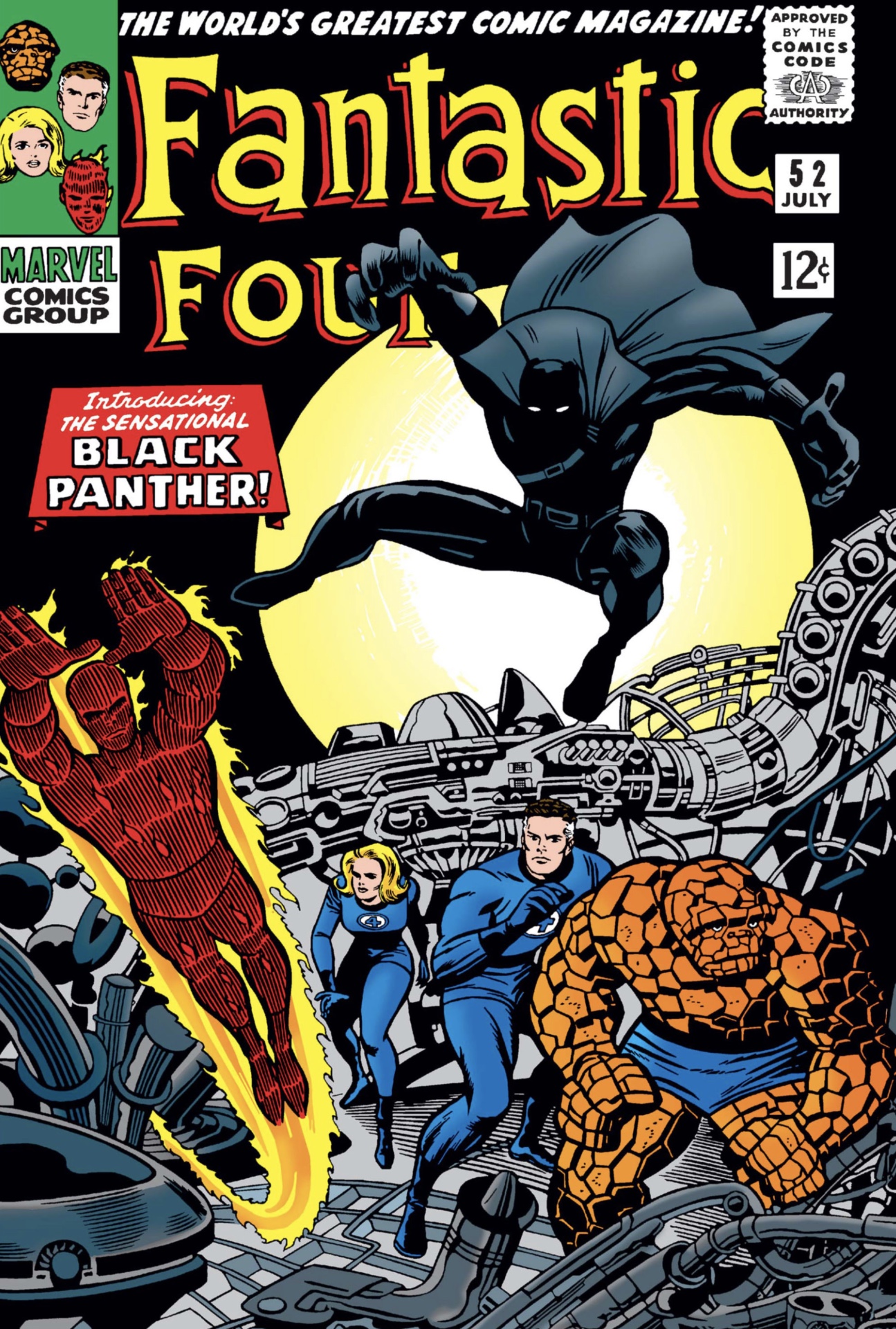
Oddly enough, the character's name also predates the founding of the Black Panther party, a pro-Black political organization that was most prominent in the '60s and '70s, by a few months. The coincidence came to a head in the early '70s when the character's name was very briefly changed to 'Black Leopard' to avoid the connotation of a connection between the character and the group but was quickly changed back.
In Marvel Universe in-story terms, the name 'Black Panther' goes back much, much farther than that, to the founding of the 'Panther Tribe' which would eventually form Wakanda around the year 1,000,000 BCE (yes, the Marvel Universe has a very different anthropological history from the real world, where humans began developing language and societies around 50,000 years ago).
Get the best comic news, insights, opinions, analysis and more!
The first Black Panther was named Mosi, and he was the first Wakandan to discover and harness the power of Vibranium, joining up with characters such as Thor's father Odin; Aggamotto, the original Sorcerer Supreme; Firehair, the first human host of the Phoenix Force; the first bearer of the Iron Fist; and more ancient legacies of modern Marvel heroes to form the Stone-Age Avengers (also called the Avengers 1,000,000 BC).
Interestingly, this is actually an alternate take on the origins of the Black Panther, told in recent stories over the last couple of years. A different story of the original Black Panther was told way back in 1978's Black Panther #7, in which Jack Kirby introduced the character of Bashenga, the very first Black Panther and the warrior who unites all the various tribes of Wakanda to form a cohesive nation.
The different versions of Black Panther
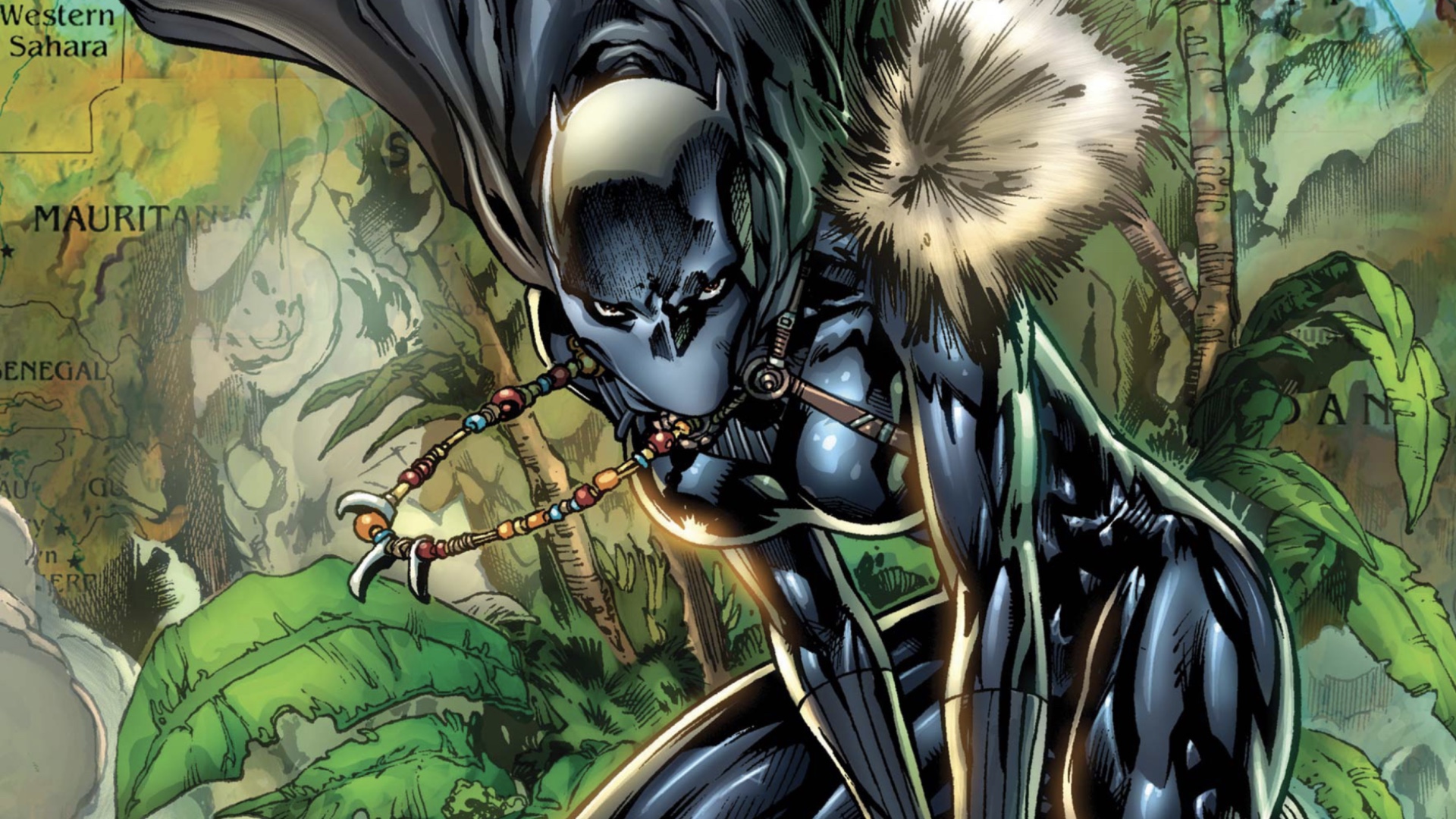
Though T'Challa is the first and most famous Black Panther in the real world, over the years, other ancestral Black Panthers have appeared in Marvel Comics, most notably T'Challa's grandfather Azzuri, the Black Panther of WWII; T'Challa's father, T'Chaka; and T'Chaka's younger brother S'Yan, who is T'Challa's immediate predecessor in the role, having briefly taken on the mantle in the years following T'Chaka's untimely death and T'Challa's coming of age as the new ruler of Wakanda and Black Panther; and N'Jadaka/Killmonger, who once challenged T'Challa for rulership of Wakanda just as in the MCU, leading to a brief reign before he was defeated.
N'Jadaka later returned, becoming the Emperor of the so-called Intergalactic Empire of Wakanda, which is exactly what it sounds like: an expansion of Wakanda into space - though he was overthrown by T'Challa, leading to some of the current political strife in Wakanda as they struggle to decide whether to remain a monarchy.
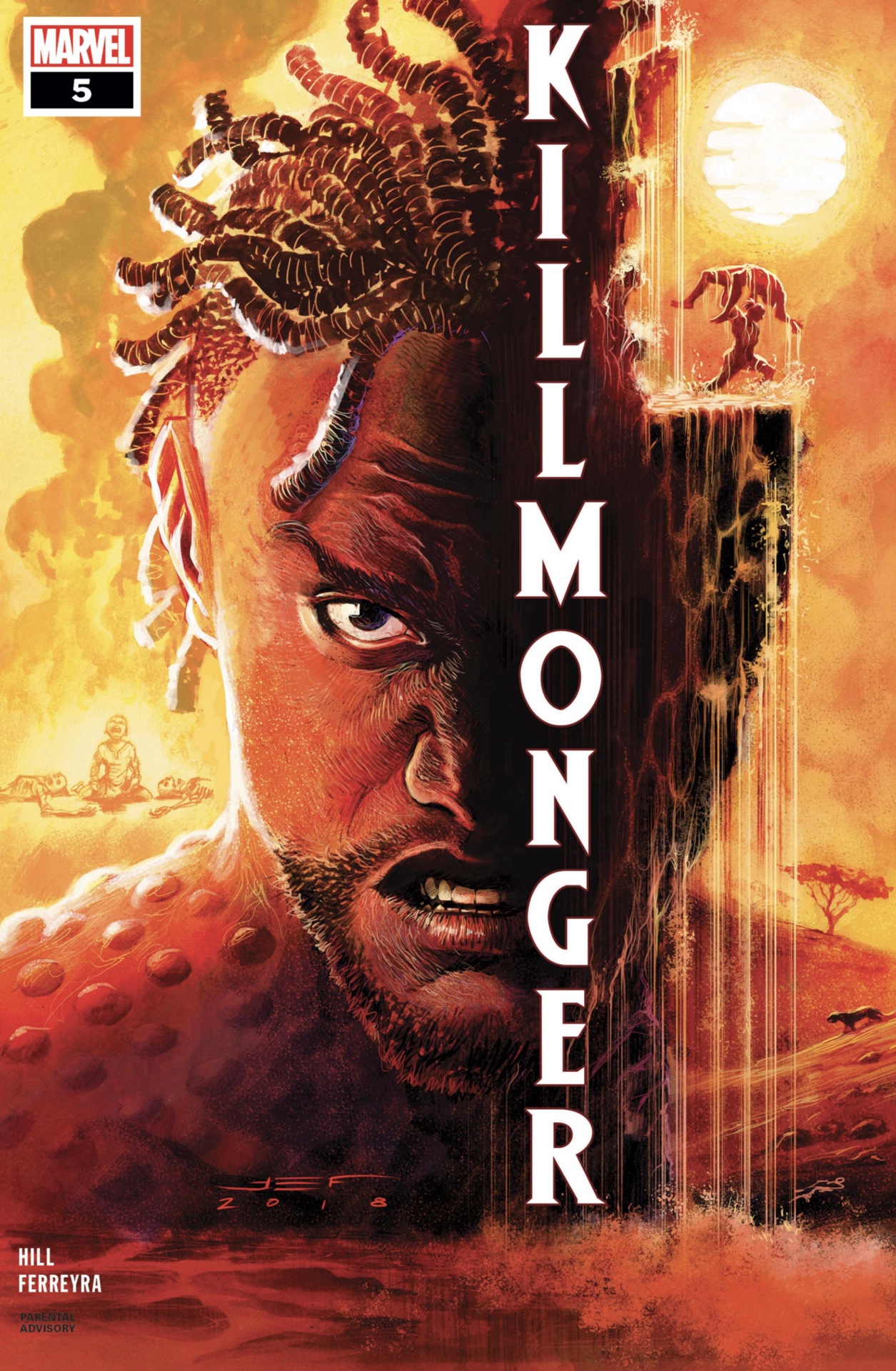
And of course, there's Shuri, T'Challa's sister, who took over as both queen of Wakanda and Black Panther in a time when T'Challa was in a coma after a fight with Doctor Doom, and with whom he currently shares the Black Panther mantle.
Just like in the MCU, in comics, all of the Black Panthers gain their powers of heightened strength, speed, and sense from the Vibranium-infused Heart-shaped Herb - aside from N'Jadaka, who suffered a grave illness when he ate it.
As for the Black Panther's enemies, the most notable are undoubtedly Killmonger, who, as in the MCU is an exiled Wakandan who wishes to return to his homeland and become its despotic leader; M'Baku, called Man-Ape in comics, who is a tribal rival for the Wakandan throne whose grudge runs deep into his ancestry; and of course the Vibranium obsessed Klaw, who, in comics, is a mad scientist who converts his whole body into pure soundwaves.
T'Challa, the most famous Black Panther
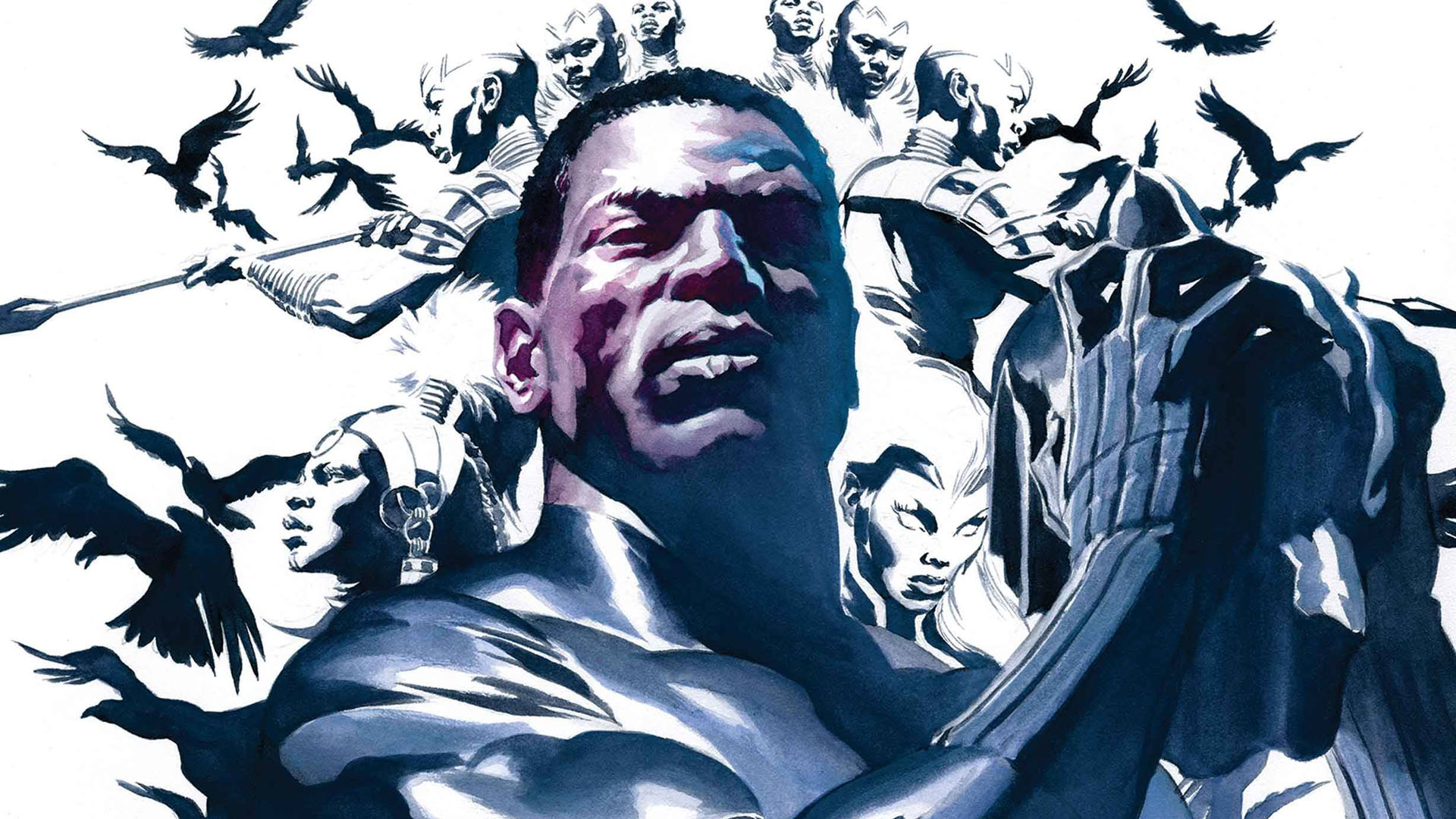
As we said, T'Challa is inarguably the most famous and prominent Black Panther from Marvel Comics. Along with being the first version of the character introduced way back in 1966, he's also the version who has had the most starring stories and interactions with the larger Marvel Universe in the decades since.
T'Challa started out as a supporting character in Fantastic Four before getting his own solo stories in the title Jungle Action in the early '70s. Then in 1977, Black Panther got his own full-on solo title, making him the second Black hero to lead a Marvel Comics title, after Luke Cage: Hero For Hire, which launched in 1972.
In that time, he also became one of the core Avengers. Though he first joined the team to spy on them for Wakanda, he quickly became a true ally and one of the team's lead characters - even inventing the iconic Quinjet vehicle (named for its five engines) using Wakandan technology.
T'Challa came back into major prominence as a Marvel character in the late '90s in a new Black Panther title from writer Christopher Priest and artist Mark Texeira, which introduced numerous aspects of Black Panther lore that have become important and enduring parts of his story since, including the women warriors known as the Dora Milaje.

Following this reinvigoration, T'Challa went through some big story changes, including marrying Storm of the X-Men and briefly leading the Fantastic Four with her when Reed and Sue Richards were on a leave of absence following the story Civil War. However, the pair separated during the story Avengers Vs. X-Men, never fully reconciling.
T'Challa also got some expanded powers after a journey into the Wakandan afterlife, in which he was named 'King of the Dead,' with the power to call upon his ancestors, similar to what's shown in the MCU.
There have also been a few times when T'Challa was away from Wakanda, including a period in which he took over as the protector of Hell's Kitchen in Daredevil's absence, masquerading as a schoolteacher in his civilian guise.
And most recently, following the story of the Intergalactic Empire of Wakanda, in which N'Jadaka returns and leads the Wakandans into space, T'Challa is once again on the outs from his home nation, which is in the midst of political turmoil over whether the country will remain a monarchy at all.
Black Panther in the MCU
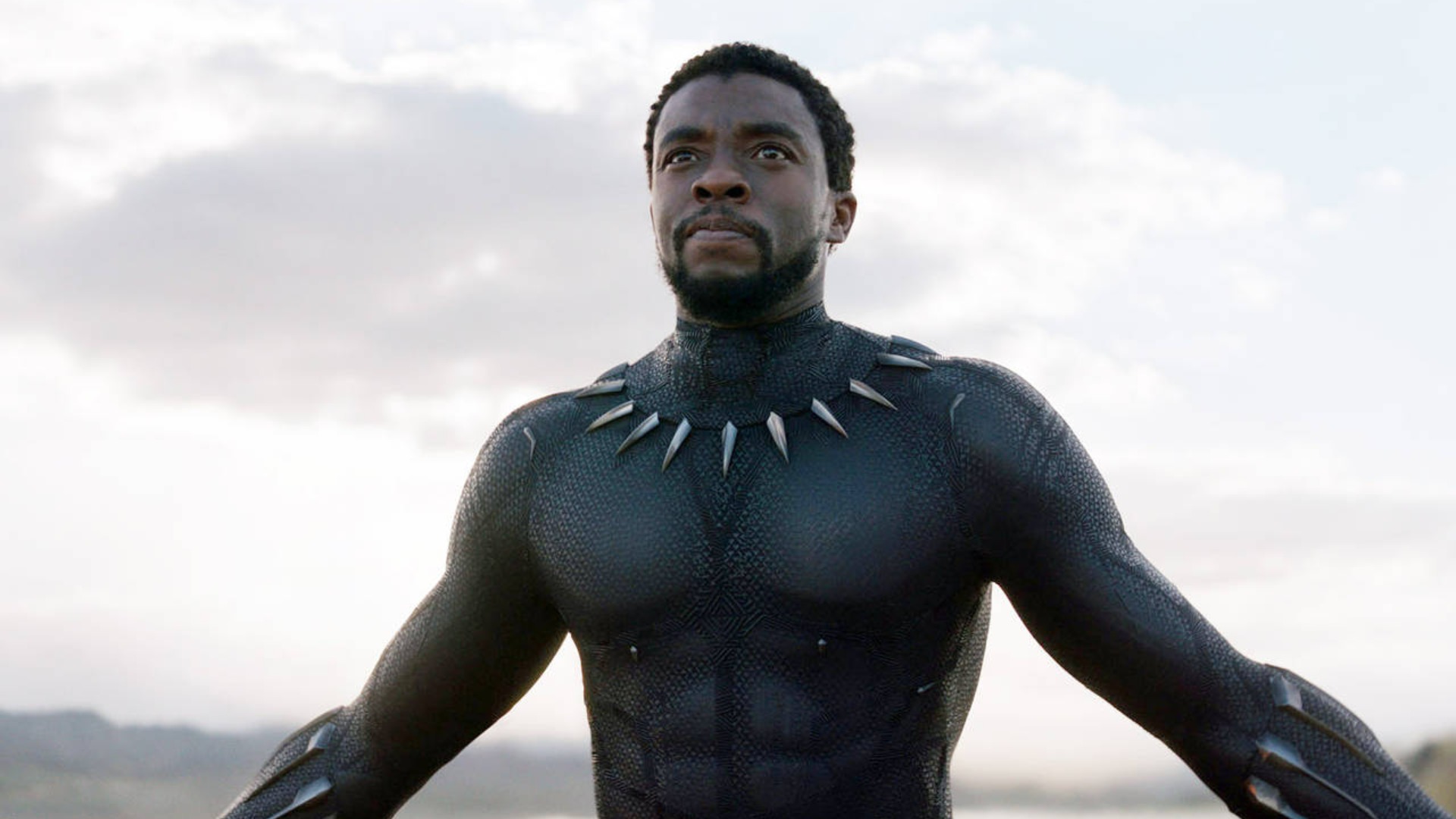
Black Panther is one of the characters who has had the most direct translations from comic books to the MCU, with almost all of the core parts of his story coming to the screen in a very similar fashion to their portrayal on the page.
This includes the ancestral nature of Black Panther and T'Challa's contact with the spirits of his predecessors as Black Panther.
And that's one of the key aspects of the character of Black Panther that's most important in Wakanda Forever, in which T'Challa has died (following the real-world death of actor Chadwick Boseman) and a new Black Panther, Leticia Wright's Shuri, follows in his footsteps.
And with Black Panther: Wakanda Forever, Shuri has officially taken on the mantle of Wakanda's hero in the MCU, presumably to return in future films.
Most of these tales and many others are told in the Best Black Panther comics of all time.
I've been Newsarama's resident Marvel Comics expert and general comic book historian since 2011. I've also been the on-site reporter at most major comic conventions such as Comic-Con International: San Diego, New York Comic Con, and C2E2. Outside of comic journalism, I am the artist of many weird pictures, and the guitarist of many heavy riffs. (They/Them)
